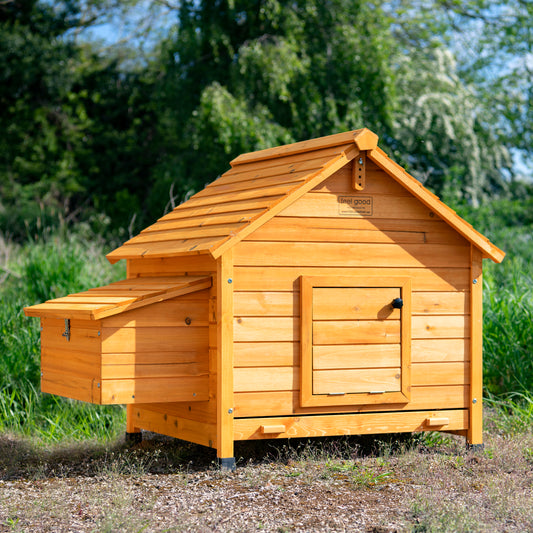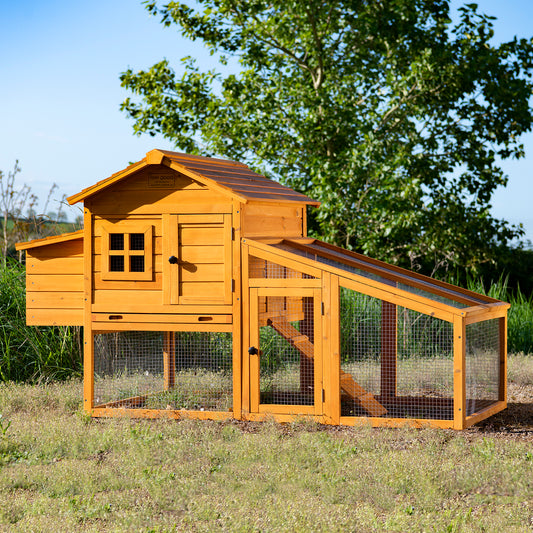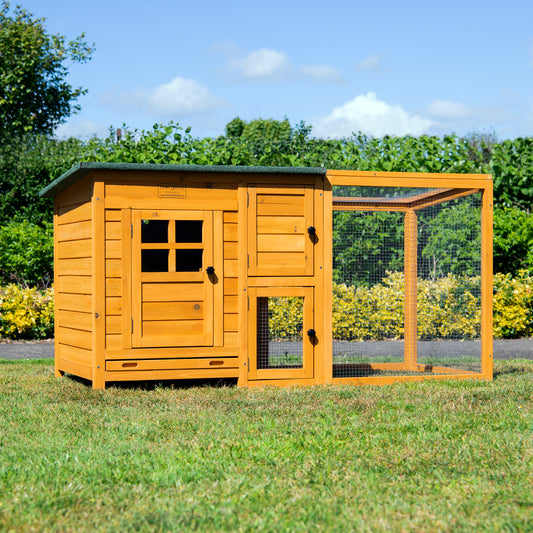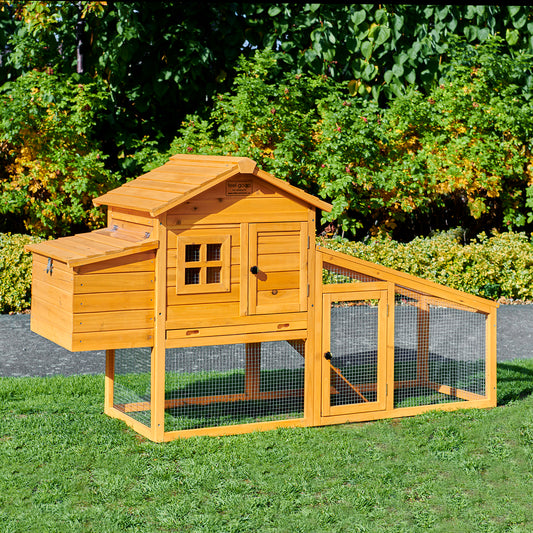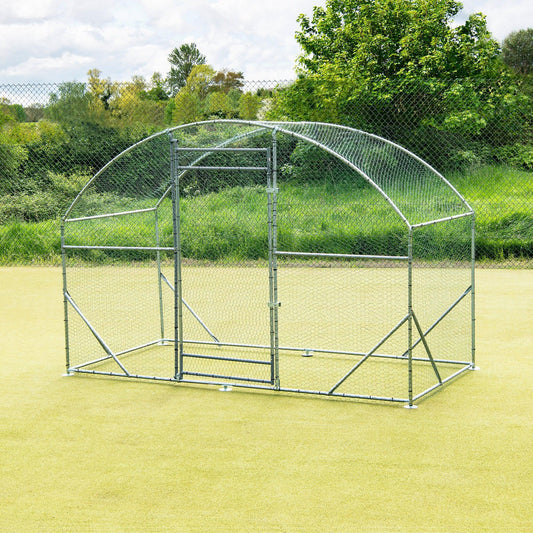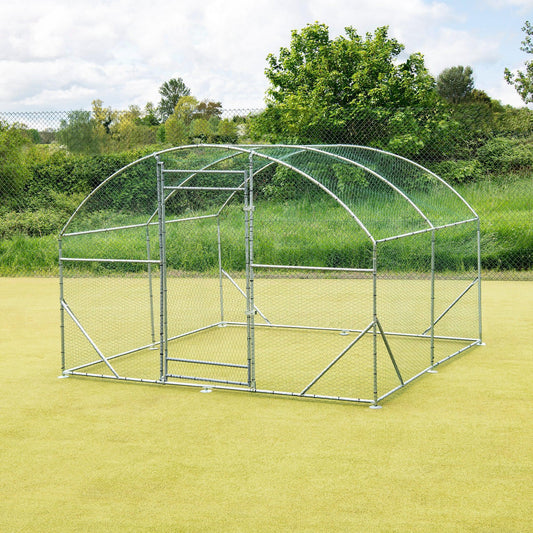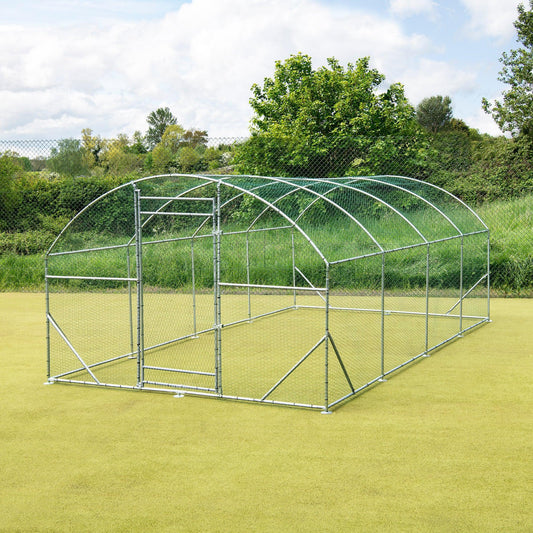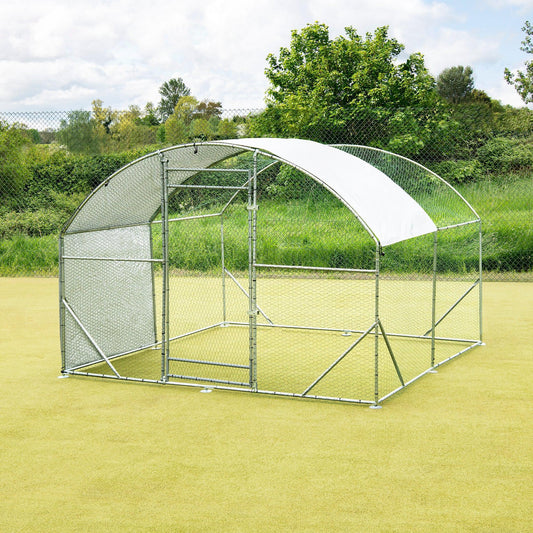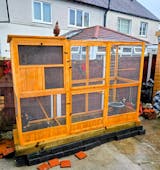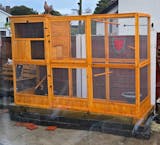How to prepare a chicken coop for Winter
Share
If you are worried about how your much-loved chickens will handle the winter months we have both good news and some advice. Firstly, chickens are hardy, far hardier than we give them credit for and they will acclimatise to the winter months without too much intervention from yourself. That said, there are some checks and precautions you can take to make sure you have prepared your chicken coop for winter as well as giving your chickens as much comfort as possible.



